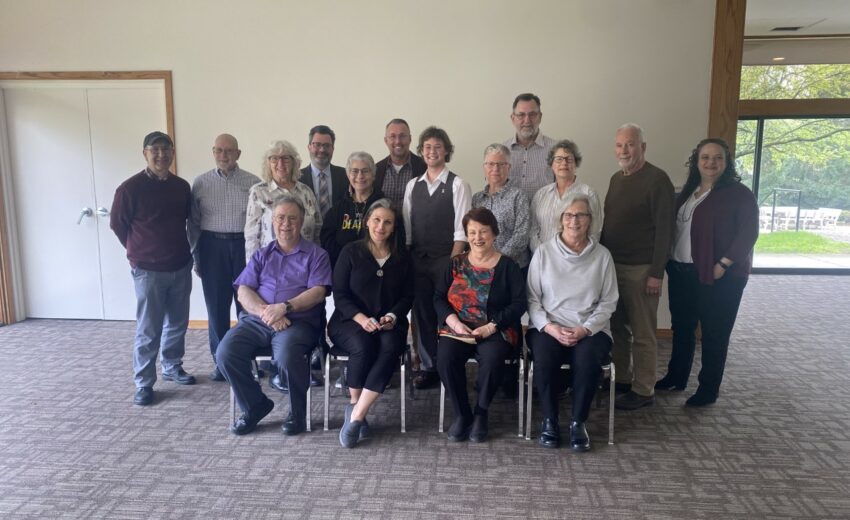
At each SHJ Board Meeting a Board Member is asked to reflect on the SHJ’s mission. Allan Malkis, President of Or Emet, Minnesota Congregation for Humanistic Judaism, and their designated representative on the Board shared his personal reflections on finding Humanistic Judaism at the SHJ Board Meeting on 4/28/23.
The mission of the Society for Humanistic Judaism states:
The Society for Humanistic Judaism inspires, organizes, and advocates for secular individuals and congregations to celebrate Jewish identity and culture independent of supernatural authority and aligned with the values of Humanistic Judaism.
I grew up as a red diaper baby – meaning that my parents were (former) communists in the 1950’s. We were thoroughly secular and anti-religious but truly culturally Jewish. My grandfather used to say he didn’t like my beard because I looked like Hasid, not because I was a Hippie.
After I went to college and graduate school, I de-emphasized my Jewish identity. I wasn’t hiding it or forgetting it but I didn’t make it a very big part of my life. Something changed in my 30’s. I went to a weekend organizer’s retreat in Minnesota with about 50-60 other people and at one point they asked people to literally step forward if they claimed certain identities. I was shocked when only 2 of us stepped forward as Jews. I just assumed many activists were Jewish.
After that I got involved with this same organizer in a Jewish social justice group he started called “Jewish 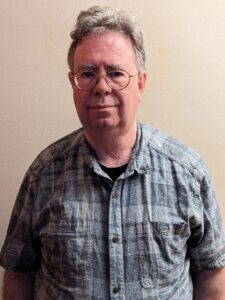 Community Action” as a founding board member. And around that time I also discovered Or Emet, Minnesota Congregation for Humanistic Judaism. Back then (around 1990) it was very small – only about 10 couples most of whom had been Unitarian Society members until Sherwin Wine came to speak to their congregation and they decided to be HJ’s.
Community Action” as a founding board member. And around that time I also discovered Or Emet, Minnesota Congregation for Humanistic Judaism. Back then (around 1990) it was very small – only about 10 couples most of whom had been Unitarian Society members until Sherwin Wine came to speak to their congregation and they decided to be HJ’s.
I found that Or Emet was in fact full of “my people” – Jews who liked hearing interesting speakers, debating what was said and celebrating Jewish culture.
When my wife (raised Catholic but lapsed by age 15) and I went looking for a congregation after 1987, we found most of the reform congregations were barely hospitable to interfaith couples. At one a panelist at a discussion on intermarriage said she sat shiva (Jewish custom when a close family member dies) for her child who married someone who wasn’t Jewish. Definitely not welcoming. In comparison, everyone at Or Emet was intermarried and proud of being Jewish, so that was a great fit.
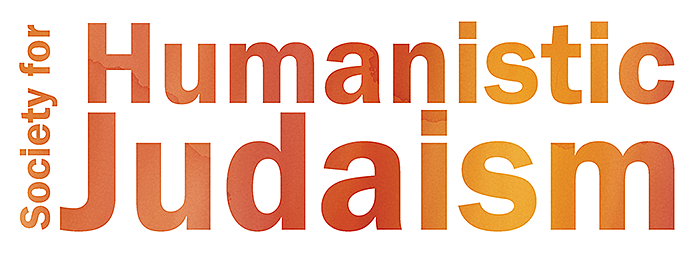

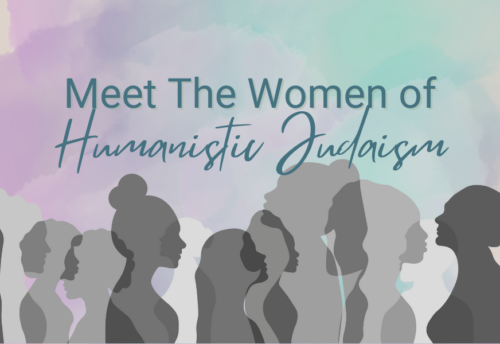
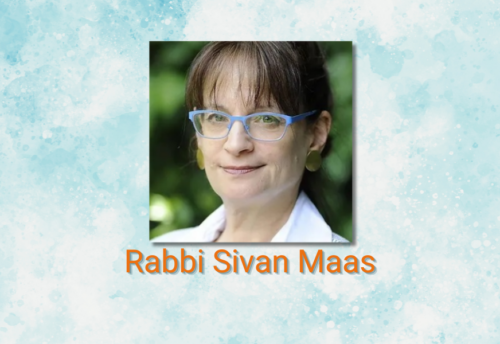
Excellent post – thank you.